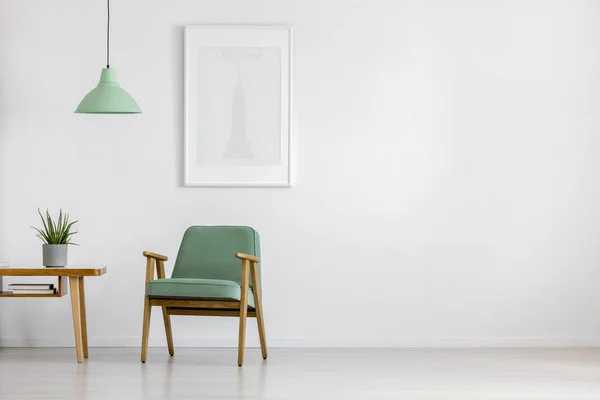Minimalism is among the largest lifestyle trends of the recent past as individuals worldwide reduce their belongings, simplify their lives and also shun excesses of consumerism. It’s sometimes viewed as a reaction to the escalating demands of contemporary consumerism, where much more things equals happiness and success. But is minimalism a rejection of consumerism or another trend in a world bouncing between extremes?
Consumerism is ingrained in contemporary culture. The rise of mass production in addition to advertising in the twentieth century brought about a society where purchasing more was both feasible and desirable. The lure of owning the newest gadget, fashion item or luxury good became a hallmark of success. With globalization came cheap, mass produced goods, and individuals could accumulate huge quantities of items. This and marketing drove individuals to define themselves by what they owned, enabling endless consumption.
However this constant consumption had a cost – environmental and personal. For many people, the pursuit of material goods created cluttered homes, financial anxiety and dissatisfaction. The greater number of people purchased, the more they recognized that those things didn’t deliver the lasting happiness and fulfillment they wished for. In a wider sense, consumerism has likewise deteriorated the environment, since disposal and mass production have produced enormous levels of trash and used up natural resources.
In this respect minimalism is a reaction to the issues of overconsumption. Rather than measuring success by what they own, minimalists eliminate excess to prioritize what matters most in life. This lifestyle calls for fewer possessions, more intentional purchases, and experiences, friendships and personal growth over material wealth. For most, minimalism lessens the anxiety and pressures of the contemporary consumer-driven world.
The philosophy behind minimalism isn’t brand new. It traces its principles to simple, contentment and rejection of material excess in spiritual traditions like Stoicism and Buddhism. However the contemporary minimalist movement is more linked with a response against the traditional consumer lifestyle of the last decades. It’s an effort to escape the societal belief that much more is better.
But many critics maintain that minimalism these days is just linked to consumerism in an additional way. The movement has also developed a market place for minimalist items – simple, sleek, sometimes costly goods advertised as important for a clutter free way of life. From minimalist furniture to curated capsule wardrobes, consuming in the name of simplicity has for some become a paradox. This raises the question whether minimalism is a rejection of consumerism or a completely new means of engaging with it in a disguise.
And to follow a minimalist way of life is usually a privilege. For many, having less things is a decision and for other people, it’s a need born of money issues. The minimalism movement, as adopted by media and influencers, tends to target individuals that have access to money and are merely opting out of excess. This particular viewpoint can overlook the fact that a lot of individuals live minimally out of necessity – not because they reject consumerism – but because they can’t take part in it on a similar scale.
Regardless of these criticisms, minimalism leads to a deeper dissatisfaction with how contemporary society defines fulfillment and success. It provides an alternate vision of happiness not being based on material possessions but by quality of daily life, personal values and interactions with other people. For all those stressed by the challenges of consumerism, minimalism provides a means to get back control of their lives, reduced stress, and also pay attention to what truly is important.
Lastly, minimalism is a reaction to consumerism and its complexities. It encourages individuals to slow down in their quest for even more however it’s also embedded in the bigger consumer culture and can not be escaped completely. However the rise of minimalism also indicates a cultural change – a lot more individuals are asking questions about the real price of what they purchase and searching for a more significant way to live. Whether it becomes a movement or another trend, minimalism reflects a growing need for simplicity in an excess world.

